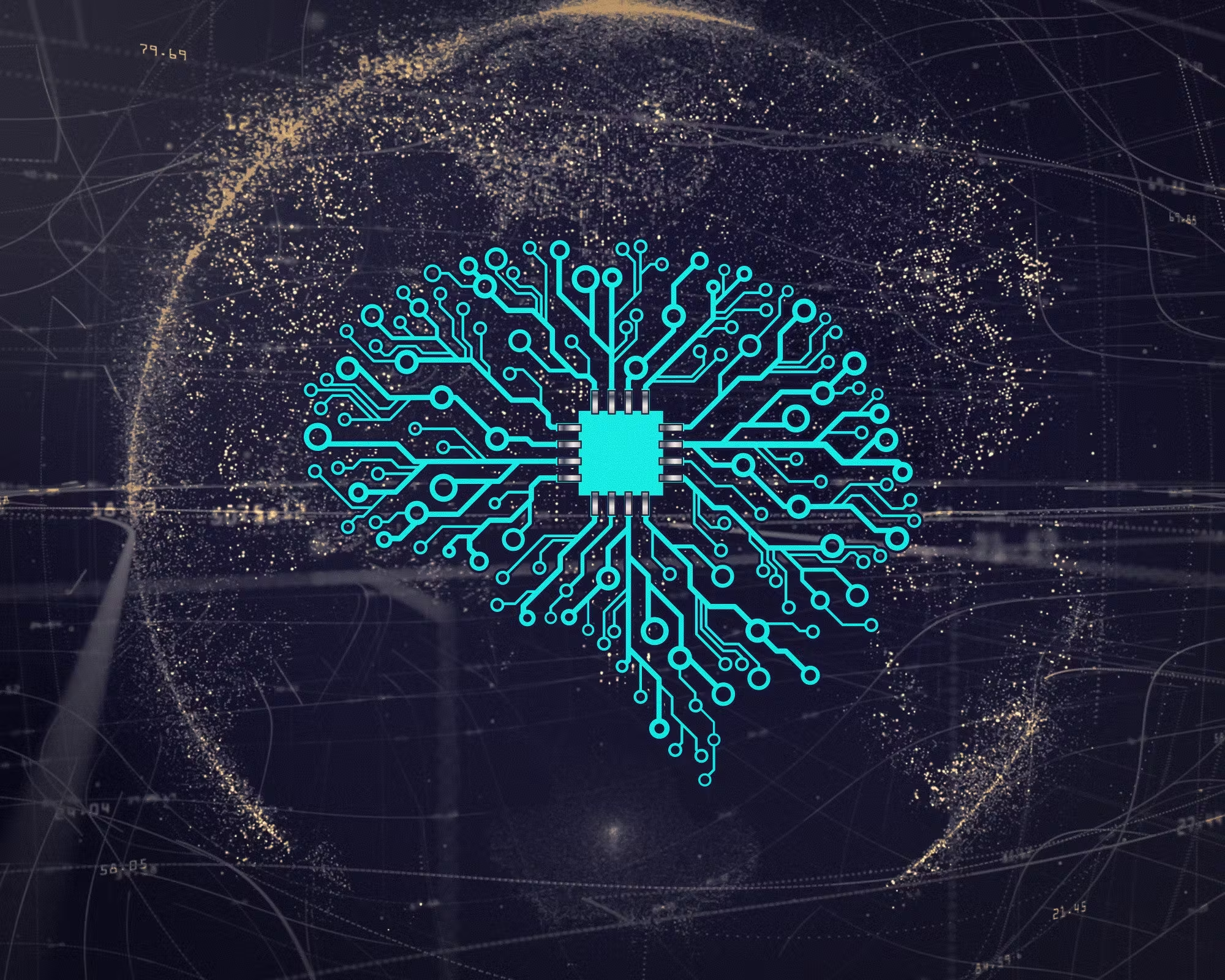
What Is Agentic AI? And How Can It Be Used in the Contact Center?


This past year has seen the impact of artificial intelligence (AI) evolve rapidly, with customer experience executives rushing to unleash its power within their contact centers. Recently, however, the term “agentic AI” has become a major point of discussion within the AI community.
And, in 2025, it is one that contact center and CX executives need to be aware of.
Agentic AI is an advanced form of AI that possesses a degree of autonomy to solve complex, multi-step problems. Unlike more traditional AI models—which rely on predefined rules and data—agentic AI can independently analyze challenges and then initiate actions and make decisions.
To put it simply, agentic AI is capable of solving complex problems in real time.
While automated self-service conversations are one popular agentic AI use case, this isn’t the only way agentic AI can augment your contact center.
It applies to discrete “automations” that enable a system or program to autonomously perform a task on behalf of a user or another system (a process initiated in the background based on situation or criteria).
Its role is to act on behalf of a business (or an agent, in the case of a contact center), streamlining processes for real-time situations based on pre-set goals and data.
What Makes Agentic AI Different from Other AI models?
- Outcome-oriented: Persistently works toward a defined business target to achieve a specific outcome
- Autonomous: Acts on its own to take independent actions without needing supervision or detailed instructions
- Learning capability: Improves performance over time through interactions and consuming more data
- Proactive: Can identify opportunities and potential issues before they arise.
How Verint Uses Agentic AI
While the term itself is relatively new, agentic AI describes capabilities that Verint has been delivering for a long time—with agentic AI capabilities already leveraged throughout Verint Open Platform. For example:
Customer-facing Agentic AI
Today, most intelligent virtual assistants (IVAs) are built on large language models (LLMs) that use a combination of generative AI and conversational AI. These AI chatbots provide a response based on a single interaction.
For example, a consumer makes a query, and the chatbot uses natural language processing (NLP) to generate a reply. The AI chatbot can scrape knowledge sources and leverage data it has been trained on to deliver the response.
However, with agentic AI, Verint IVA goes even further. It can understand the context of the interaction, as well as integrate into third-party systems such as a CRM. The IVA can act intelligently within this context. It can take action, fully resolving more complex customer queries, rather than simply providing a response.
For instance, imagine a storm is forecast to ground a flight. A passenger messages the airline with a baggage allowance-related question. Rather than only addressing the baggage query, an IVA using agentic AI could take the storm into consideration when providing a response.
This could lead the IVA to both suggest another flight and book that customer onto it, rather than just respond to the initial query about baggage allowance.
Agent-facing Agentic AI
Powered by agentic AI, the Verint Agent Copilot Bots help to reduce agent workload, adding up to a significant increase in capacity.
For example, the CX/EX Scoring Bot uses agentic AI to measure conversation dynamics in every phone call. The bot can gauge customer sentiment and emotions during interactions, alerting supervisors in real time to help the agent solve the customer’s issue.
The Smart Transfer Bot uses agentic AI to optimize call routing by analyzing the context of an interaction and directing the customer to the most appropriate resource—agent or bot.
Verint Agent Virtual Assistant uses agentic AI to provide agents with the information they need to provide the best possible service. This goes beyond the question the agent has asked, using context from third-party applications and systems of record to provide information and personalized knowledge to proactively solve the customer’s query.
For example, the Verint Agent Virtual Assistant can complete a transaction working on behalf of the agent autonomously.
How Verint Delivers AI Outcomes with Agentic AI
Verint Open Platform is built with AI and data at the core. This enables businesses to use our team of specialized bots to drive AI business outcomes. Businesses can deploy one bot, or multiple bots, to address specific business challenges at their own pace.
Verint’s bots are designed to do one thing and do that thing well. The platform leverages low- and no-code tools to make it easy to define what task each bot should perform and what outcome is desired.
Built with openness at its core, Verint Open Platform enables stronger, faster AI outcomes delivered in weeks, not months or years.
With Verint Open Platform, brands can achieve greater AI outcomes and drive CX automation:
- Increased contact center capacity: smarter chatbots capable of solving more complex customer queries will dramatically increase self-service containment.
- Elevated customer experiences: augmenting human agents with AI that can initiate actions and make decisions will decrease agent effort and enable the delivery of more personalized interactions.
Get started with agentic AI here.

